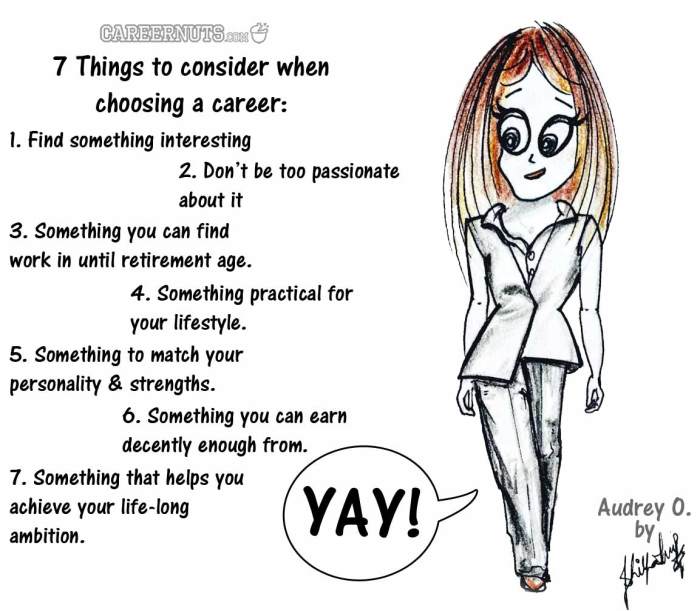Embark on a journey to financial success with our guide on How to Choose a Bank: 5 Factors to Consider When Opening an Account. Discover key insights and tips to make the best banking decisions tailored to your needs.
Explore the world of banking with a focus on fees, accessibility, account options, and more. Let’s dive in and unravel the secrets to smart banking choices.
Consideration of Fees and Charges

When choosing a bank for your financial needs, one of the key factors to consider is the various fees and charges associated with different types of bank accounts. Understanding these fees can help you make an informed decision and avoid unexpected costs down the line.
Common Fees to Look Out For
- Monthly Maintenance Fees: Many banks charge a monthly fee for simply having an account with them. These fees can vary widely, so it’s important to compare different banks to find the most cost-effective option.
- Overdraft Fees: If you spend more money than you have in your account, you may incur overdraft fees. These fees can add up quickly, so it’s essential to be aware of the overdraft policies of the bank you choose.
- ATM Fees: Some banks charge fees for using ATMs that are outside of their network. These fees can range from a few dollars per transaction to even more, so consider how often you use ATMs and whether the bank has a convenient ATM network.
Comparing Fee Structures
When comparing banks, take a close look at their fee structures to determine which one aligns with your banking habits and needs. Some banks offer fee waivers if you meet certain criteria, while others may have lower fees overall. Consider your typical banking behavior and choose a bank that offers the most cost-effective solution for you.
Accessibility and Convenience

When choosing a bank, accessibility and convenience play a crucial role in your overall banking experience. Whether it’s having easy access to branch locations or seamless online banking services, convenience can make a significant difference in how you manage your finances.
Branch Locations and Online Banking Services
Having a bank with convenient branch locations near your home or workplace can be essential for tasks that require in-person assistance, such as depositing large sums of money or seeking financial advice. On the other hand, robust online banking services can offer convenience for everyday transactions, bill payments, and account management from the comfort of your home.
ATMs, Mobile Banking Apps, and Customer Service Channels
Consider the availability of ATMs in your area and whether they belong to your chosen bank to avoid withdrawal fees. Mobile banking apps are also vital for on-the-go banking, enabling you to check balances, transfer funds, and pay bills conveniently from your smartphone. Additionally, ensure the bank offers reliable customer service channels, such as phone support, live chat, or email, for any inquiries or issues you may encounter.
Criteria for Evaluating Convenience
– Proximity of branch locations to your home or workplace
– Accessibility and availability of ATMs without withdrawal fees
– User-friendly mobile banking app with essential features
– Efficient customer service channels for quick assistance
– Seamless online banking platform for easy account management
Account Options and Features

Opening a bank account involves choosing the right type of account based on your financial needs and goals. There are various account options available, each with its own set of features and benefits to consider.
Checking Accounts:
Checking accounts are designed for everyday transactions, such as paying bills and making purchases. These accounts typically come with a debit card, check-writing capabilities, and online banking access.
Savings Accounts:
Savings accounts are meant for storing money and earning interest over time. These accounts offer a safe place to keep your funds while allowing you to earn a modest return on your balance.
Certificates of Deposit (CDs):
CDs are time-bound accounts that offer a higher interest rate in exchange for locking in your funds for a specific period. Typically, the longer the term of the CD, the higher the interest rate.
Money Market Accounts:
Money market accounts combine features of both savings and checking accounts. They often offer higher interest rates than traditional savings accounts and may come with check-writing privileges.
Features to Consider
- Interest Rates: Compare the interest rates offered by different banks to maximize your earnings on deposits.
- Minimum Balance Requirements: Some accounts require a minimum balance to avoid monthly fees. Make sure you can meet these requirements.
- Additional Perks: Look for accounts that offer rewards programs, overdraft protection, or other benefits that align with your financial goals.
Final Summary

As we conclude our exploration of How to Choose a Bank: 5 Factors to Consider When Opening an Account, remember to prioritize fees, accessibility, and account features for a seamless banking experience. Make informed decisions and watch your financial goals come to fruition.